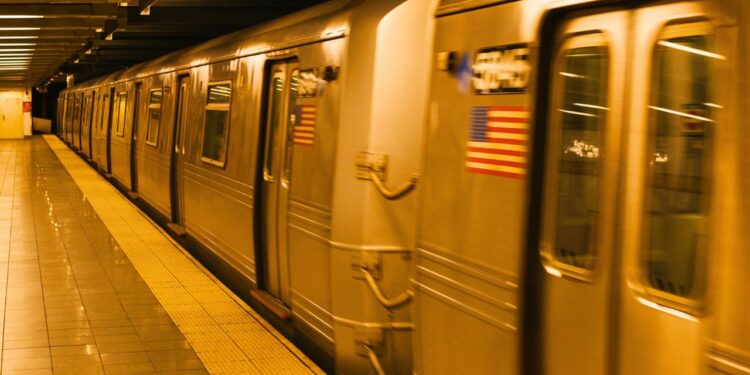Remote work is reshaping transportation in the United States, according to a recent study led by MIT researchers.
The research suggests that the prevalence of remote work since the start of the COVID-19 pandemic has significantly changed how people travel — with a 1% decrease in onsite workers leading to a roughly 1% reduction in automobile vehicle miles driven and a more substantial 2.3% reduction in mass transit ridership.
The study is reported to be one of the first to identify the causal effect of remote work on vehicle miles traveled and transit ridership across the U.S. It also reveals significant regional variations in the impact that remote work has on transportation. For example, a 1% increase in remote work reportedly leads to a reduction in vehicle miles traveled in New York state that is roughly a quarter of the reduction observed in Texas.
MIT reports that remote work has had the most significant impact on mass-transit revenues in cities with widely used systems — with data revealing New York City, Chicago, San Francisco, Boston, and Philadelphia as the top five hardest-hit metro areas.
The researchers estimate that if the number of on-site workers drops by 10% from pre-pandemic figures, it could cut down yearly CO2 emissions from vehicles by 191.8 million metric tons. Moreover, across the 217 metropolitan regions analyzed by the researchers, a reduction of the on-site workforce of that size could cause transit systems to see an annual decrease of 2.4 billion rides and a loss of $3.7 billion in ticket sales.



 Dr. Gleb Tsipursky – The Office Whisperer
Dr. Gleb Tsipursky – The Office Whisperer Nirit Cohen – WorkFutures
Nirit Cohen – WorkFutures Angela Howard – Culture Expert
Angela Howard – Culture Expert Drew Jones – Design & Innovation
Drew Jones – Design & Innovation Jonathan Price – CRE & Flex Expert
Jonathan Price – CRE & Flex Expert











